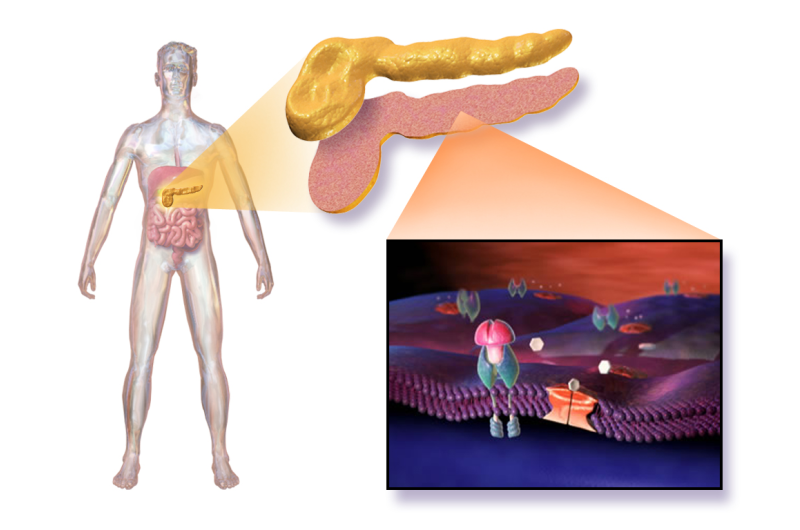Intensive insulin therapy can delay complications and improve life expectancy. Early-onset type 1 diabetes remains linked to reduced quality of life, serious cardiovascular risk, and shortened lifespan. Toxicity from lifelong immune suppression also drives morbidity and mortality in organ recipients.
In the study, “Survival of Transplanted Allogeneic Beta Cells with No Immunosuppression,” published in the New England Journal of Medicine, researchers conducted a first-in-human open-label trial to test whether hypoimmune-engineered islet cells could evade rejection.
A single 42-year-old man with a 37-year history of type 1 diabetes formed the cohort.
Islets from an O-matched deceased donor pancreas were isolated, dissociated, edited with CRISPR-Cas12b to knock out B2M and CIITA, lentivirally transduced to overexpress CD47, reclustered, and injected in 17 tracks into the left brachioradialis muscle under general anesthesia. No glucocorticoids, anti-inflammatory agents, or immunosuppressants were given.

